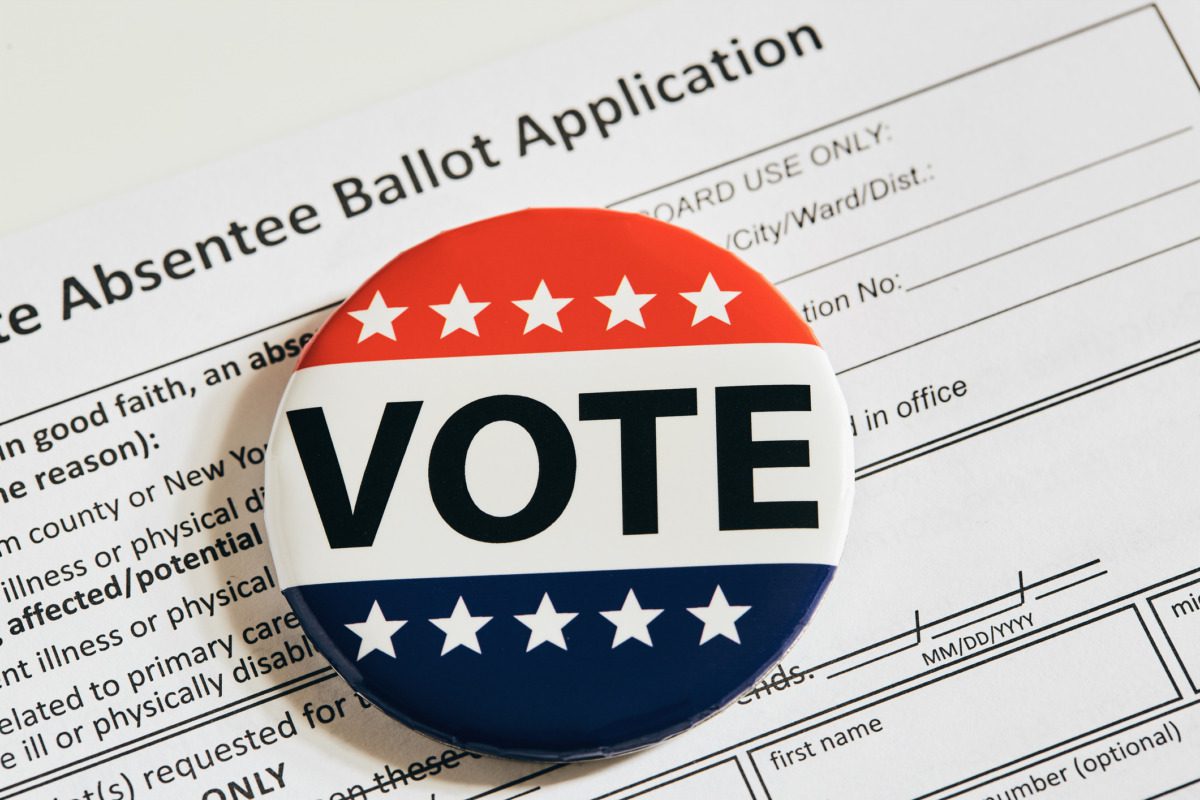
Winslow Production/Tetra Images/Getty Images
New Hampshire’s government consists of several key positions, each with specific roles and responsibilities. Here’s an overview of the primary positions:
1. Governor
- Role: The governor is the chief executive officer of the state.
- Responsibilities:
- Executes state laws.
- Proposes the state budget.
- Signs or vetoes bills passed by the Legislature.
- Oversees the executive branch of government.
- Appoints heads of various state agencies and commissions and judges (with Executive Council approval).
- Declares states of emergency when necessary.
2. Executive Council
- Role: A unique body in New Hampshire, the Executive Council consists of five elected members.
- Responsibilities:
- Approves many of the governor’s appointments and contracts.
- Oversees state expenditures and approves the governor’s nominations for judicial and executive positions.
- Provides a check on the governor’s authority.
3. New Hampshire Legislature (General Court)
The New Hampshire Legislature consists of the House of Representatives and the Senate.
- House of Representatives:
- Role: The lower chamber of the Legislature, made up of 400 members (the most out of any US state).
- Responsibilities:
- Drafts and passes state laws.
- Proposes the state budget (along with the Senate).
- Represents the interests of local districts.
- Senate:
- Role: The upper chamber, consisting of 24 members.
- Responsibilities:
- Reviews and votes on legislation passed by the House.
- Proposes its own legislation and budgetary amendments.
- Represents broader regional constituencies compared to House members.
4. Secretary of State
- Role: The chief elections officer of New Hampshire, appointed by the Legislature.
- Responsibilities:
- Administers and oversees elections.
- Maintains public records, including corporate registrations.
- Certifies the results of elections.
5. Attorney General
- Role: The chief legal officer of the state.
- Responsibilities:
- Represents the state in legal matters.
- Provides legal opinions to the governor, Legislature, and state agencies.
- Oversees law enforcement and prosecutes violations of state law.
- Protects the public interest, including consumer protection and environmental law enforcement.
6. State Treasurer
- Role: Manages the state’s finances.
- Responsibilities:
- Oversees state funds and investments.
- Manages debt and bond issuance.
- Works with the governor and Legislature on the state budget.
7. State Auditor
- Role: Provides independent audits of state agencies and finances.
- Responsibilities:
- Ensures accountability and transparency in state government finances.
- Reports to the Legislature on financial practices and state agency compliance.
8. Judicial Branch
- Role: Interprets state laws and ensures justice through the courts.
- Responsibilities:
- The court system includes the New Hampshire Supreme Court, Superior Courts, and Circuit Courts.
- The Supreme Court is the highest court and reviews appeals from lower courts.
- Superior and Circuit Courts handle a variety of civil and criminal cases at the local level.
9. County Government
New Hampshire also has county governments, which manage local services such as jails, nursing homes, and certain court functions. County officials include:
- County Commissioners: Oversee county budgets and operations.
- County Attorneys: Handle criminal prosecutions at the county level.
- Sheriff: Provides law enforcement services at the county level.
- Register of Deeds: Maintains property records.
.

Election fatigue? Here’s how to recharge your mental health
We all have our personal struggles in life, from work stress to relationship drama, but something about the 2024 election season simply felt...

Trump wins the White House
In state after state, Trump outperformed what he did in the 2020 election while Harris failed to do as well as Joe Biden did in winning the...

Presidential race too close to call as vote counts continue in key swing states
Results in Michigan, Pennsylvania, and Wisconsin may not come in until Wednesday morning, and Arizona and Nevada are unlikely to see calls made...

Chris Pappas defeats Russell Prescott in New Hampshire’s 1st Congressional District
Congressman Chris Pappas has defeated Republican challenger Russell Prescott in New Hampshire’s 1st Congressional District. Pappas, an openly gay...

Reporter’s notebook: Here’s what the vibe was like at polling places across NH
Granite Staters are showing up to elect the next president of the United States—and bringing the good vibes with them. Election Day is nearly...

New Hampshire on track to set record turnout for general election
New Hampshire voters are on track for a record voter turnout at the general election on Tuesday. The Secretary of State David Scanlan said Thursday...




